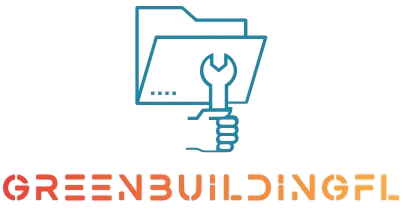The Importance of Project Workflows
Project workflows are essential for the successful execution and management of any project. They provide structure, clarity, and efficiency to the project, helping teams navigate through the various stages and tasks involved. Here are a few reasons highlighting the importance of project workflows:
- Organization and Structure: Workflows establish a clear framework for the project, outlining the sequence of tasks, dependencies, and deadlines. They create a structured roadmap that allows team members to understand their roles, responsibilities, and the overall flow of work. A well-defined workflow keeps everyone on the same page and helps avoid confusion and duplication of efforts.
- Efficient Task Management: Workflows enable efficient task management by breaking down the project into smaller, more manageable tasks. Assigning specific tasks to individuals or teams and setting deadlines ensures that work progresses smoothly and on schedule. Each task’s dependencies and priorities can be clearly identified, allowing teams to prioritize their efforts and allocate resources effectively.
- Collaboration and Communication: Project workflows facilitate collaboration among team members, as they provide a visual representation of how tasks and responsibilities interconnect. By understanding the larger context of the project, team members can coordinate their efforts, share information, and communicate effectively. This promotes teamwork, reduces misunderstandings, and increases overall productivity.
- Resource Allocation and Time Management: Project workflows help allocate resources efficiently by highlighting the estimated time required for each task. By visualizing the timeline and resource demands, project managers can make informed decisions on resource allocation, identify potential bottlenecks, and manage workload appropriately. This ensures that resources are utilized effectively and deadlines are met.
- Risk Identification and Mitigation: Workflows facilitate the identification of potential risks and bottlenecks early in the project lifecycle. By having a clear view of the tasks and dependencies, project managers can identify areas of uncertainty, potential delays, or resource constraints. This allows for proactive problem-solving and risk mitigation strategies to be put in place, minimizing the impact on the project’s overall timeline and success.
- Continuous Improvement and Documentation: Workflows serve as valuable documentation for future reference. After project completion, they provide insights into what worked well and areas for improvement. This feedback is crucial for refining and optimizing future project workflows, enabling teams to enhance their efficiency and effectiveness over time.
In summary, project workflows provide structure, organization, and clarity to projects. They enhance collaboration, optimize resource allocation, and mitigate risks. By utilizing project workflows, teams can enhance their productivity, deliver high-quality results, and achieve project success.




888slot
Tính công bằng tại 888slot được đảm bảo thông qua hai cơ chế chính: hệ thống RNG đã chứng nhận và chính sách minh bạch thông tin. Mọi tỷ lệ trả thưởng (RTP) đều được công khai và được kiểm toán định kỳ bởi các đơn vị độc lập. TONY01-09